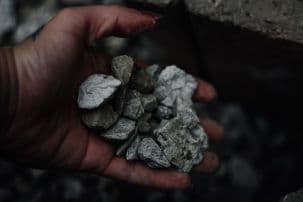
National Recycling Week - Renewable and Non-renewable
Lesson6 of 6 in this unit
SecondaryYear 7 - 8ScienceEnvironmentalRecyclingSustainability
Summary
Lesson Guides and Printables
Lesson Plan

Student Worksheet

Teacher Content Info


Lesson Plan

Student Worksheet

Teacher Content Info
